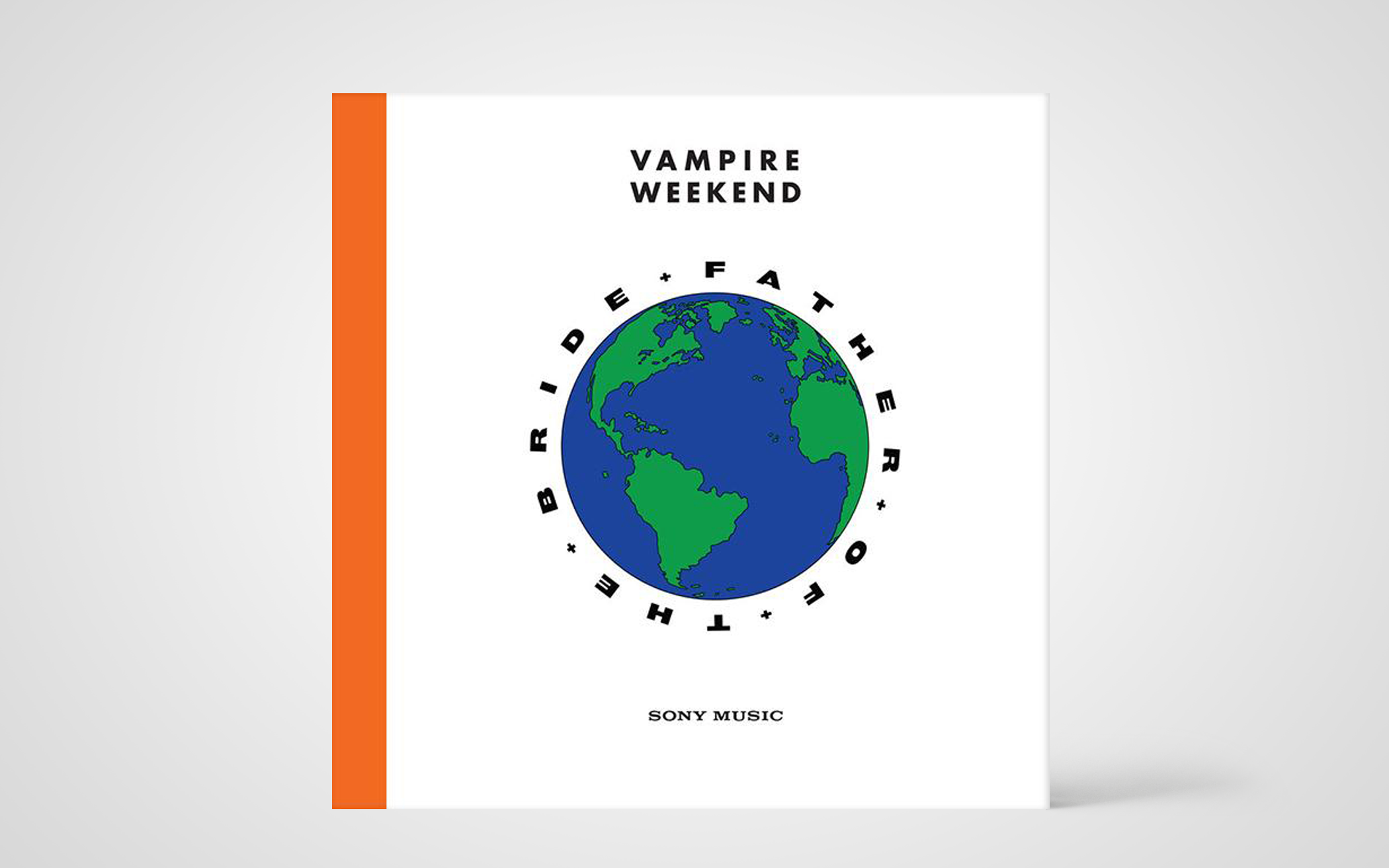“Judeo-Christianity, I’d never heard the words “Enemies for centuries, until there was a third” —“Sympathy”
Veteran American rock band Vampire Weekend released its fourth full-length studio album, Father of the Bride (FOTB), to much anticipation by fans and music critics alike. The pressure to create an album as unique and successful as their previous three albums delayed the release of FOTB by over a year, but it was worth the wait. Kudos to the band for avoiding the safe route and delivering a brave album that doesn’t sound like a carbon copy of previous work: in this album several collaborations and duets mix things up.
Vampire Weekend also shows courage another way: by exploring topics not usually brought into mainstream music. One of the lead tracks, “Harmony Hall,” delves into the personal effects of hypocrisy in religion. We can feel the tension when the band ends the song by singing: “I don’t want to live like this, but I don’t want to die.”
“Sympathy” looks back at the history of how Judaism and Christianity used to be enemies until Islam appeared as their common enemy. “Jerusalem, New York,” eyes three cities that have had a significant impact on Jews in the last century. The song also unpacks the effects of the Balfour Declaration by the British government in 1917 to support a national home for Jews in Palestine. In sum, reflections of religion and its effects on society are a recurring theme.
Musically, the band searches far and wide for intriguing musical samples that stretch the ear of North American listeners. The first track on the album, “Hold You Now,” includes a sample from a Melanesian choir, and the song “2021” samples one of Japan’s most famous contemporary composers, Haruomi Hosono. The album masterfully incorporate dynamics, often going from muted bass sounds to frenetic distorted rhythms. Prominent layers of percussion and one-off instrumentation help listeners find newness as they listen to the album repeatedly.
Christian listeners benefit from listening to the courageous creativity of FOTB. The complex topics cause believers to humbly consider how they can make an impression on those who may be of a different religion or no religion. The music invigorates the soul and includes layers for the listener to relish unpacking for months to come. (Columbia Records)
About the Author
Micah van Dijk is a popular music expert who speaks and writes to help audiences understand the impact popular music has on their faith and identity. www.micahvandijk.com

